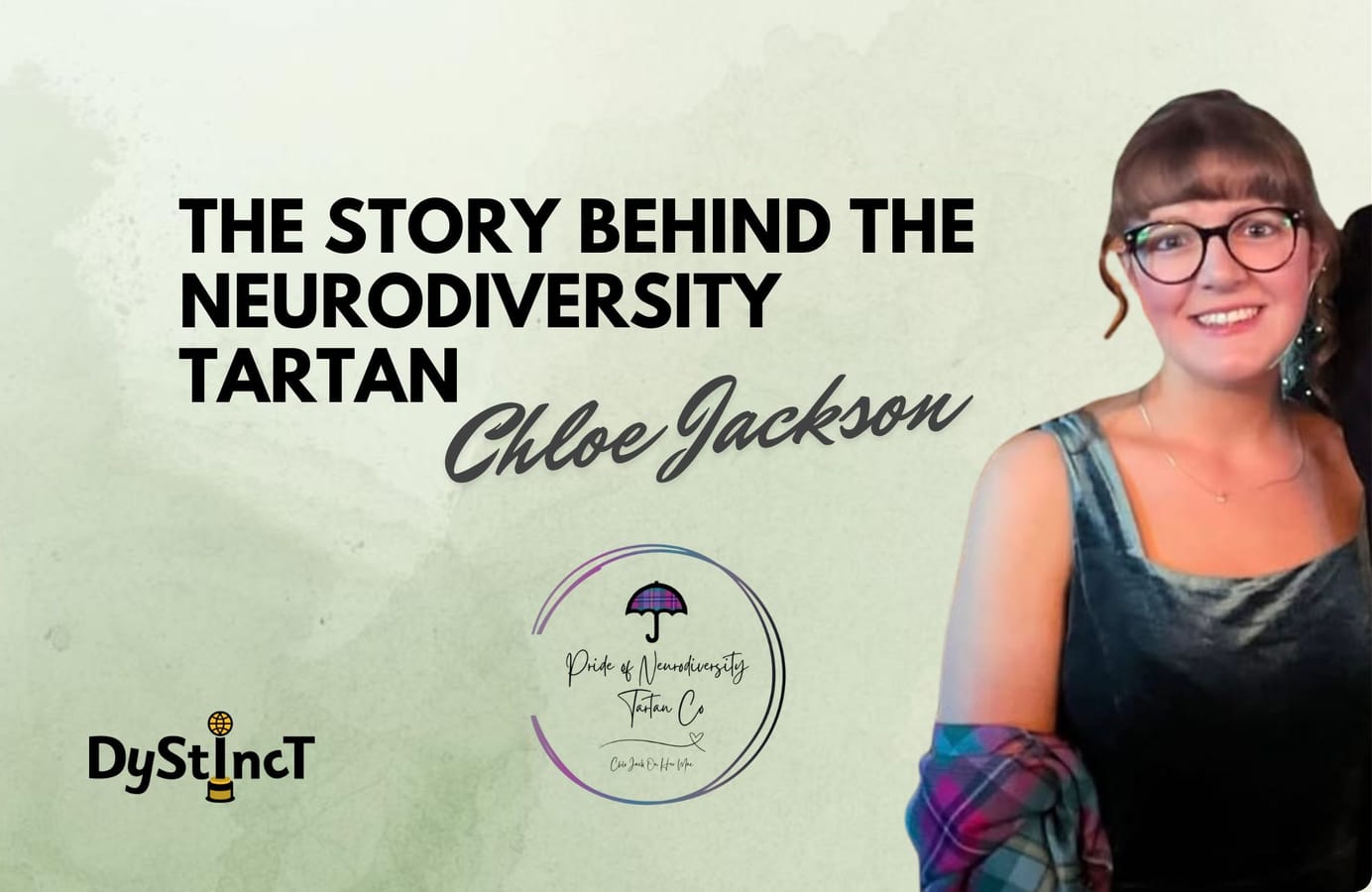
Issue 12: Dyspraxia/DCD | Emma Long
Emma Long, a volunteer coordinator working for the Dyspraxia Foundation, shares her experience of struggling to get help for her daughter and how she now volunteers at the Dyspraxia Foundation, which helps families in the region.
Dyspraxia/ Developmental Coordination Disorder (DCD) is a hidden condition that is still poorly understood. Yet, it is surprisingly common in children and adults. Dyspraxia/DCD affects around 5% of school-aged children. Around 2% of children are more severely affected. These difficulties continue into adolescence and adulthood in most cases. Males are more likely to be affected by Dyspraxia/DCD than females. However, females are often older when their difficulties are identified. Although Dyspraxia/DCD is unique and a separate condition by itself, people will often (but not always) have other co-occurring diagnoses too.
Identifying Dyspraxia/DCD early in the education system leads to identifying a person's physical, learning, social, and emotional needs so educational support can be provided to help the individual reach their full potential.
The Dyspraxia Foundation is a not-for-profit organisation that provides information and support for people with Dyspraxia/ Developmental Coordination Disorder (DCD) and those who live or work with them through a telephone helpline, email enquiry service, website, social media, leaflets, and information sheets. The Dyspraxia Foundation also supports a national network of local groups run by volunteers (including groups for adults with Dyspraxia/ DCD). They also run a closed Facebook group for young people with Dyspraxia/DCD aged 13-25 years.
This post is for paying subscribers only
SubscribeAlready have an account? Log in


